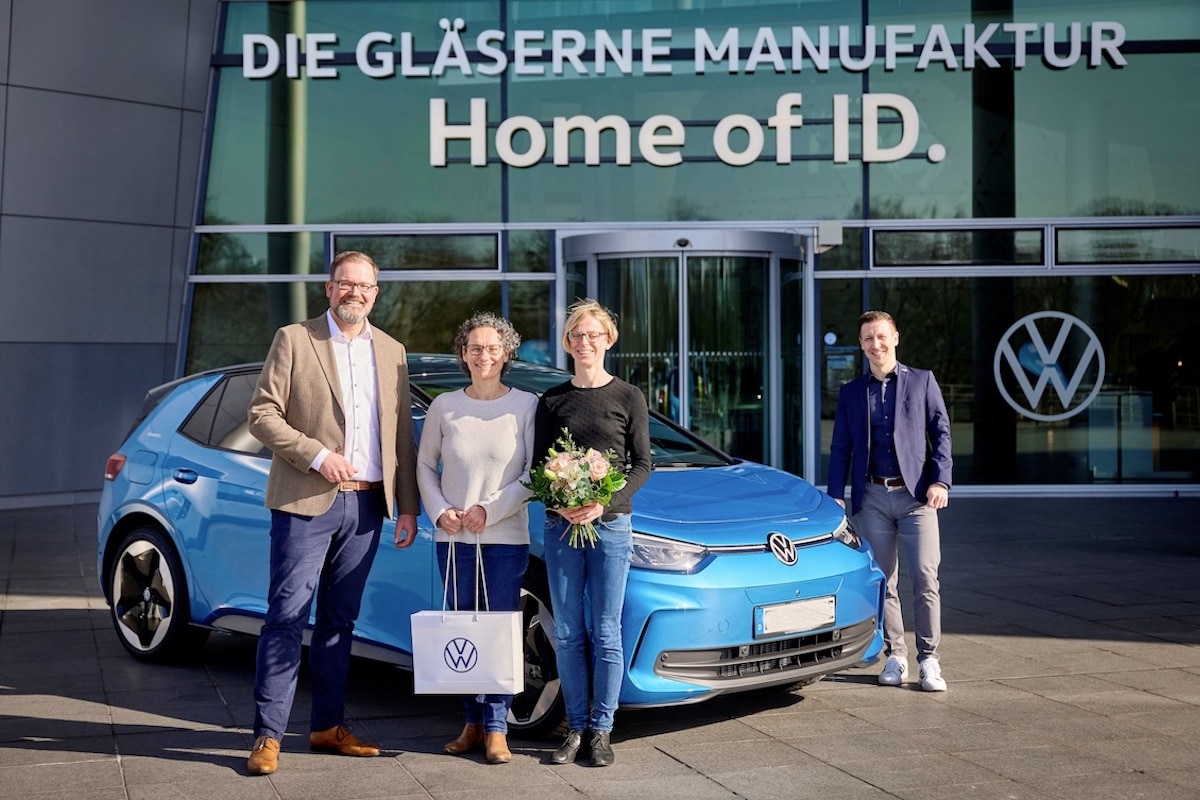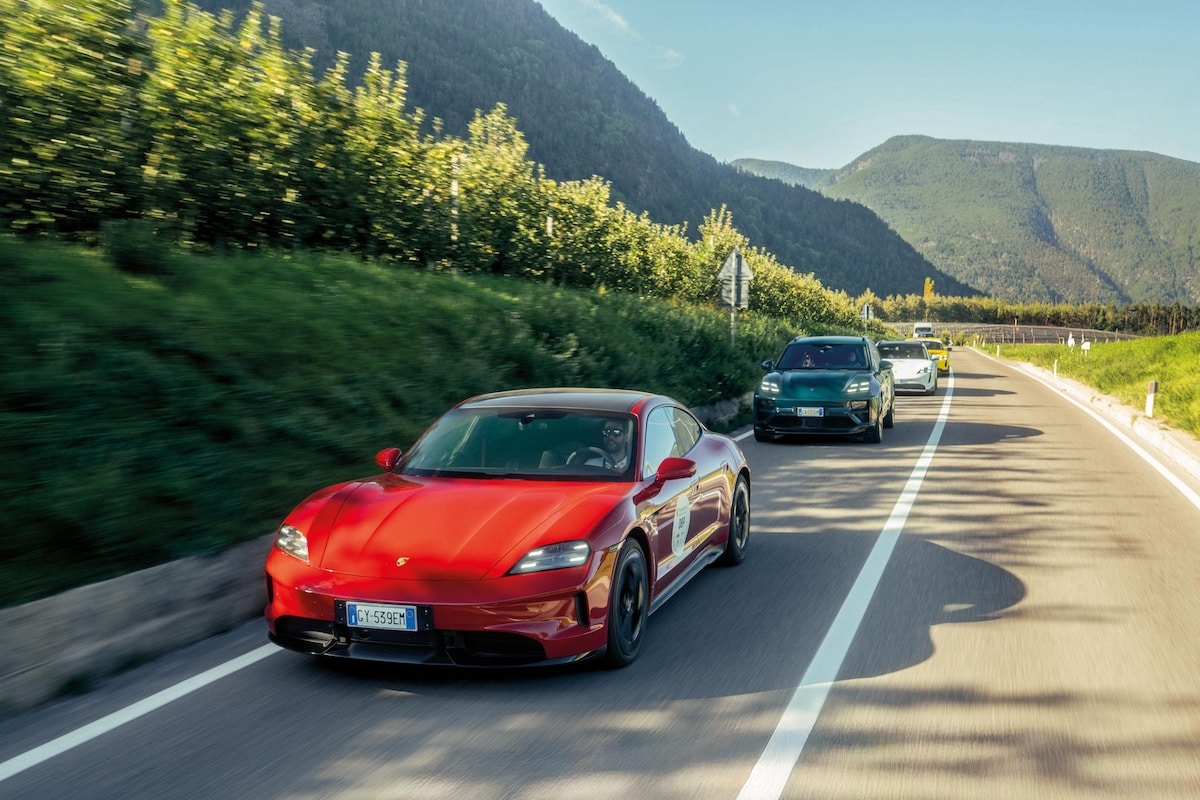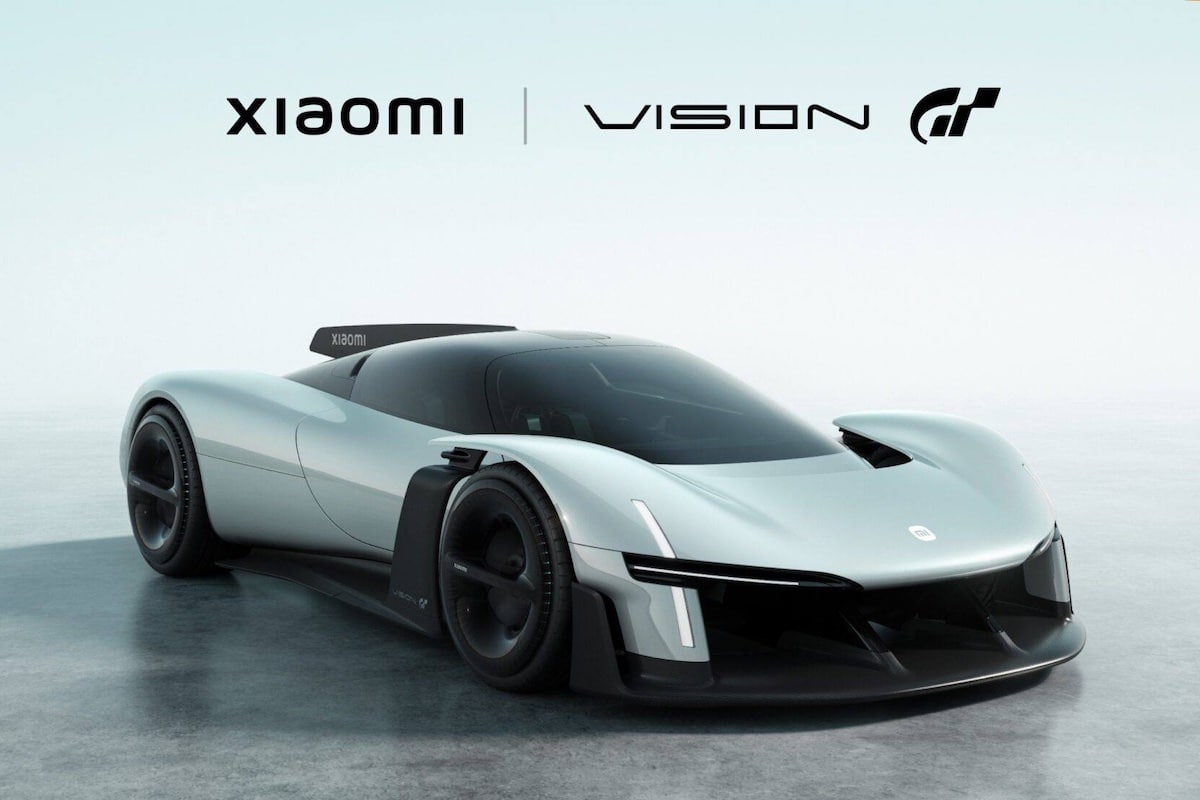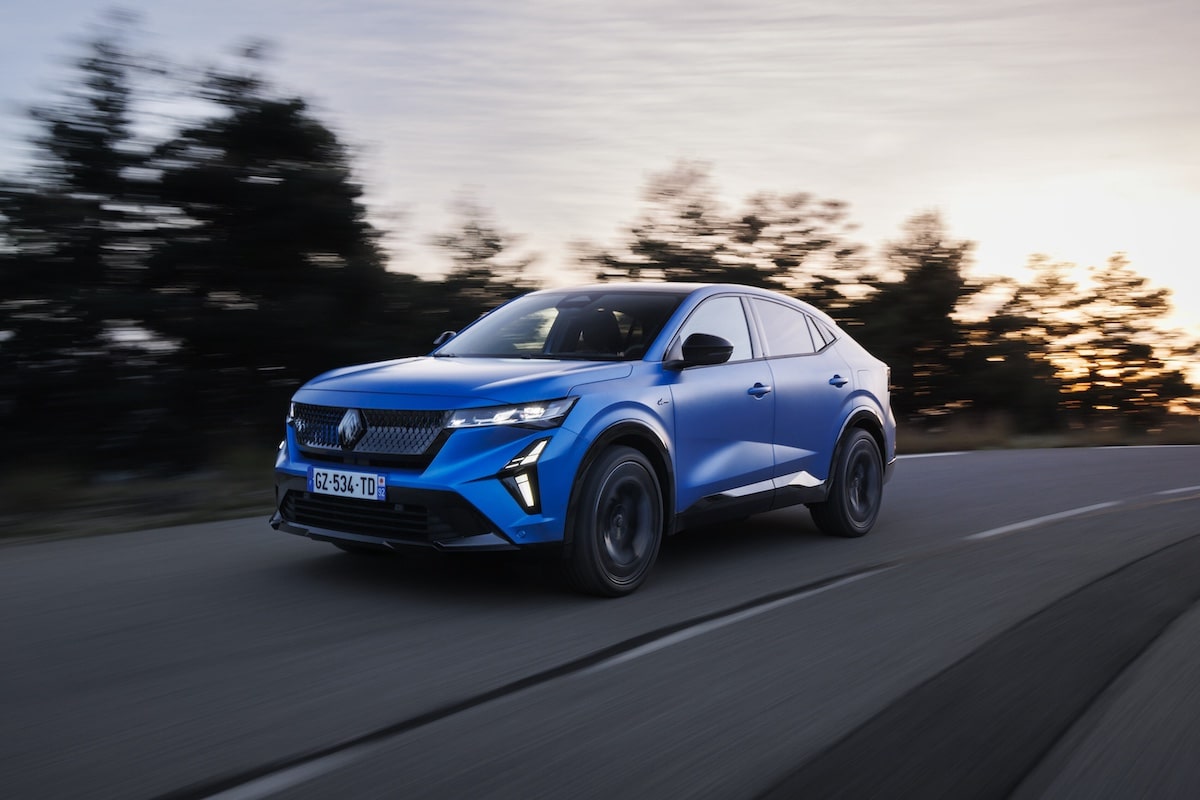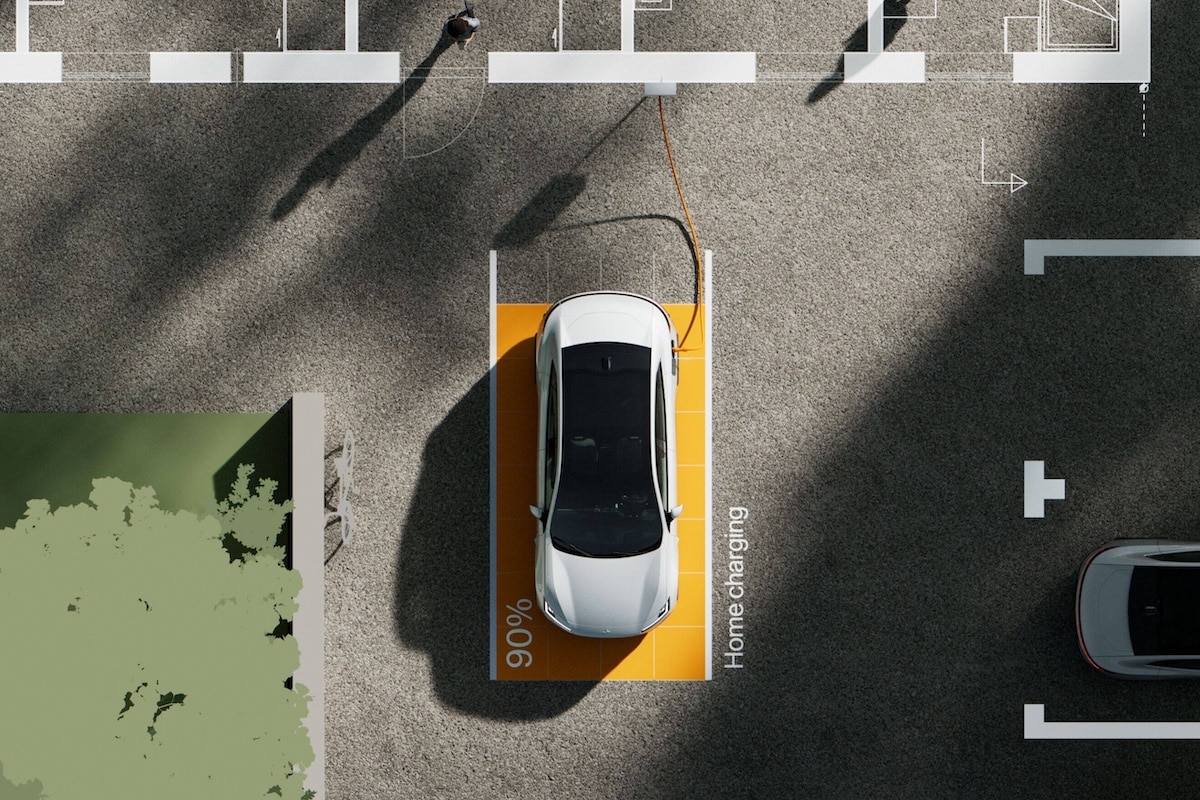Industrial Darwinism: Nikola’s Misery Brings Joy to Lucid
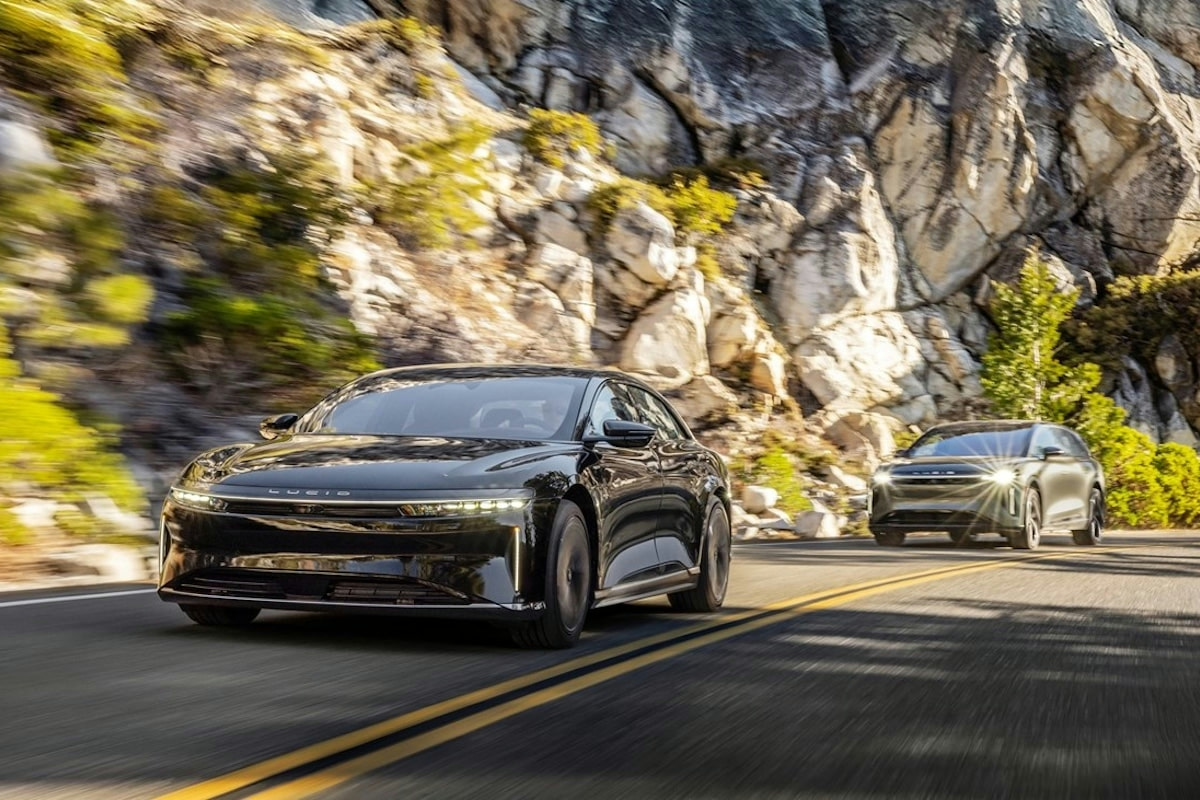
Lucid, based in California, has announced the acquisition of several facilities and assets located in Arizona, previously owned by Nikola.
Unless you are particularly familiar with new mobility trends, the brands Lucid and Nikola probably don’t mean much to you. That’s normal since these manufacturers operate mainly outside Europe. Well, “operated” in Nikola’s case.
The electric vehicle manufacturer Lucid Group announced the takeover of some of Nikola Corp’s physical and human assets, a company specializing in electric and hydrogen trucks recently declared bankrupt. However, this transaction does not include Nikola’s operations, customer base, or hydrogen truck technology. Lucid also plans to recruit more than 300 former Nikola employees to fill various technical positions. In short, Lucid is betting only on the most interesting parts amid the ashes of the defunct manufacturer.
Nikola, which first gained fame producing electric semi-trailers before pivoting toward hydrogen trucks, filed for bankruptcy protection last February. Facing low demand, rapid cash depletion, and ongoing financial challenges, the company opted for an orderly liquidation of its assets. This turnaround occurred after a series of incidents in 2023, including vehicle fires that led to a recall and raised safety concerns.
Who’s next?
This operation highlights an alarming trend in the electric vehicle (EV) sector: an accelerating rate of bankruptcies. Nikola’s difficulties illustrate the traps faced by many electric startups, juggling massive investments, fierce competition, and unmet investor expectations. Nikola’s bankruptcy, like that of others before it, shows that only the most resilient companies can hope to survive and thrive.
This forced consolidation reveals a dynamic that could be called “industrial Darwinism”. The failures of some become strategic opportunities for others, allowing industry leaders to expand at lower costs by acquiring infrastructure, talent, or even technology. However, this trend raises a question: will current winners like Lucid be able to avoid the pitfalls that enveloped pioneers like Nikola?
The future of electric brands will depend not only on their ability to innovate but also on their capacity to quickly adapt to market changes and avoid the pitfalls of a speculative bubble. In an environment where the distinction between strong and weak players accelerates, only the best will hope to endure.
READ ALSO: At Lucid, friends come first… for lack of better options
This page is translated from the original post "Darwinisme industriel : la misère de Nikola fait le bonheur de Lucid" in French.
We also suggestthese articles:
Also read
